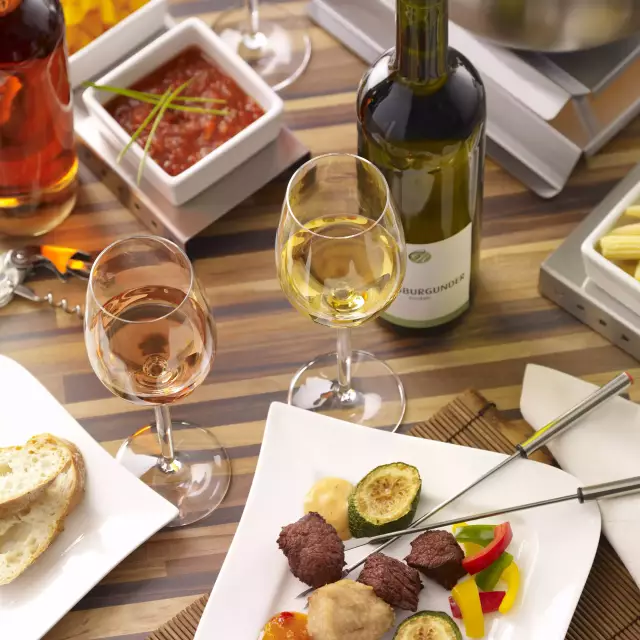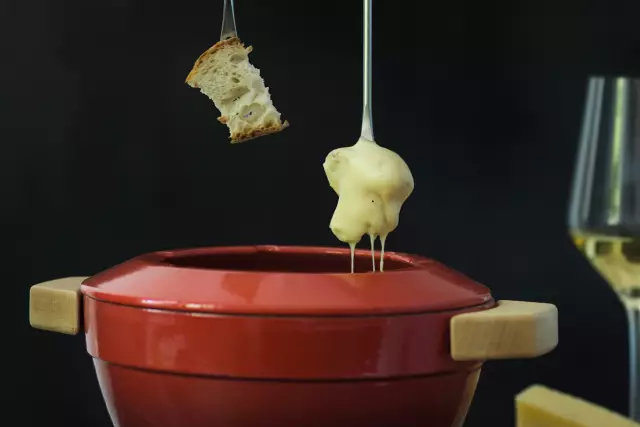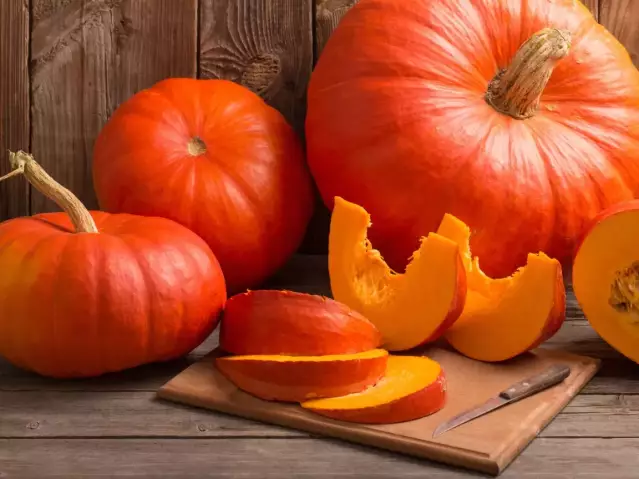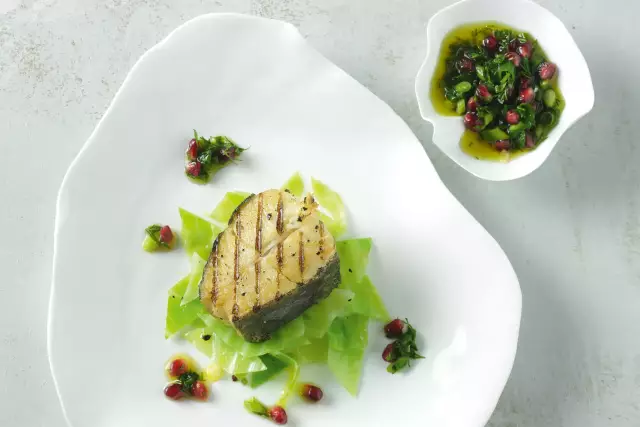Fondue & Wine

Long winter evenings and New Year’s Eve are excellent opportunities for a fondue or raclette in delightful company. And the enjoyment is enhanced if the culinary diversity is complemented by suitable wines. Ernst Büscher of Wines of Germany (DWI) recommends: “Ideally, you should already consider your guests’ wine preferences when you choose the style of the fondue.”
Facts
-
100 degrees
hot grease or broth
-
Infinite
variations to choose
A great variety of nuances is added by the many potential side dishes and condiments, which should also be considered when you chose a suitable wine. “The sauces are frequently more dominant in taste than the meat you are using,” Ernst Büscher explains. A fruity, slightly hot chutney, for instance, makes for a harmonious combination with a semi-dry Riesling. However, rich mayonnaise-based sauces correspond ideally with powerful Pinot Gris, and fragrant dips with an Asian touch like to enter into a playful liaison with fruity Pinot Blanc, Silvaner or a fresh Pinot Noir rosé.
The broad range of available fondues and raclettes offers a great diversity of exiting potential combinations with German wines. Wines of Germany (DWI) offers you a few guidelines for the suitable choice of wine:
Cheese fondue
is mostly prepared with melted Gruyère, white wine and spices. A powerful Pinot Gris or Pinot Blanc, for instance from Baden, is the right companion for this rich dish. Traditional side dishes for the cheese fondue are mixed pickles, small gherkins and sometimes Bündnerfleisch. The acidity of the pickles makes the fondue more easily digestible, but it has to be taken into account as well when choosing the right wine. The acidity is nicely offset by a Rheingau Riesling with a little residual sugar. This wine also adds a fresh touch when you’re enjoying the cheese all by itself.
Meat fondue
often offers a broad selection of beef, pork or poultry. The pieces of meat are cooked in hot oil and seasoned with a variety of dips. Within this broad range of aromas, a truly versatile wine such as a fruity-fresh Pinot Gris from the Pfalz is recommended. A Pinot Noir Weißherbst is another wine that can play alongside all kinds of meat fondue. Particular care needs to be taken if you’re serving hot dips. The spiciness increases the perception of alcohol. Thus hot dips should be accompanied by light wines such as Riesling or Pinot Blanc Kabinett. Suitable red wine companions for spicy dishes are Pinot Noir or Lemberger, for instance from Württemberg.
Chinese fondue
This variety uses a mild broth rather than hot oil. When cooked in the broth, the meat does not develop roast aromas and retains a milder taste. As a rule, the choice of dips reflects this mildness. A suitable wine should be able to play along with a broad range of aromas. A Silvaner or Portugieser Weißherbst from Rheinhessen is particularly suitable.
Fish fondue
a delicate variety of companionable enjoyment. In a fish fondue, you use firm-fleshed kinds of fish, but also prawns, shrimps or other seafood varieties. These are quickly cooked in a fish fond. In this case, wine recommendations focus on white wines, since their aromas are well suited to accompany the subtle diversity of aromas of the fish and dips. Classics such as Moselle Riesling are particularly good with zander, trout and redfish. Delicate monkfish and fresh prawns like to be accompanied by Pinot Blanc from the wine-growing regions Palatinate or Saale-Unstrut. In the company of richer dips – such as the popular aioli – a heartier Silvaner from Franconia works well.
Where does the term fondue come from?
Fondue derives from "fondre", French for "to melt", and is originally a dish with melted cheese.





